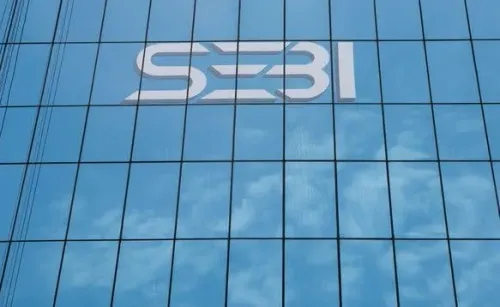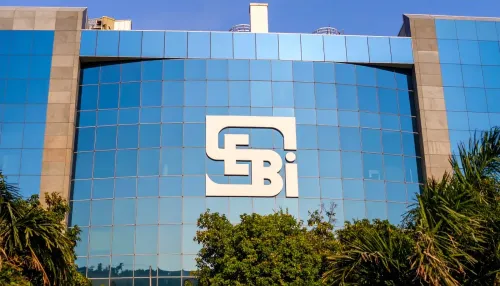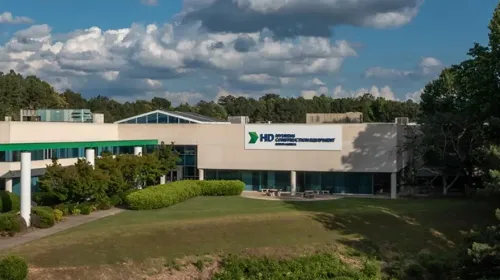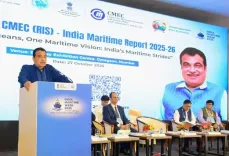How Will the India-UK FTA Enhance Bilateral Trade?
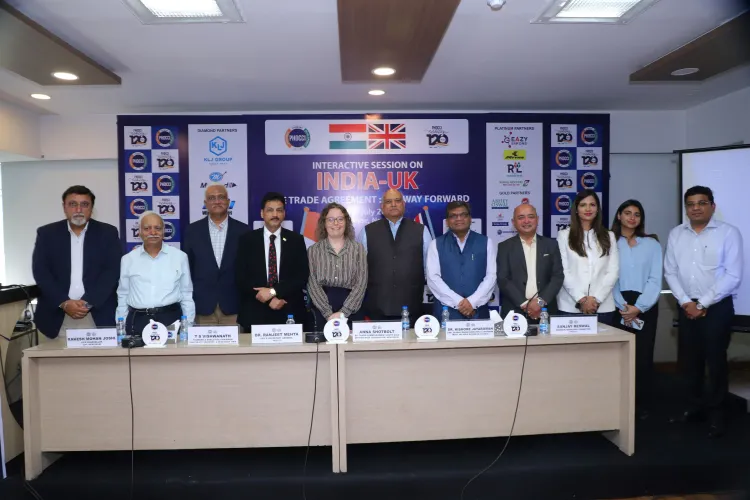
Synopsis
Key Takeaways
- 25.5 billion pounds increase in trade annually.
- Tariff reductions on 90% of goods traded.
- Enhanced protections for the creative sector.
- Opportunity for MSMEs to thrive in the UK market.
- Goals to double trade by 2030.
New Delhi, July 19 (NationPress) The India-UK Free Trade Agreement (FTA) is anticipated to enhance the bilateral trade between the two nations by 25.5 billion pounds annually, as stated by industry experts on Saturday.
The FTA is expected to be signed next week, aiming to elevate trade and investment between India and the UK. This agreement includes provisions for tariff reductions on 90% of goods traded between the two countries.
Anna Shotbolt, the Deputy Trade Commissioner for South Asia at the British High Commission, emphasized that the agreement extends beyond tariffs—crucial as they are—for numerous industries.
“Creative enterprises will gain from enhanced copyright protections, and the services sector will also experience benefits. The Double Taxation Avoidance Convention will create more transparency and certainty for workers on both sides,” Shotbolt noted during a PHDCCI-organized event.
Dr. Ranjeet Mehta, CEO and Secretary General of PHDCCI, highlighted that the UK-India FTA negotiations commenced when India was the fifth-largest economy and that by the time of signing, it had ascended to the fourth position.
“Britain stands as one of the largest developed economies, making this FTA a significant bilateral trade agreement for India,” he remarked.
He also discussed the social security clause supporting Indian professionals in the UK and stressed the need to leverage this FTA.
“As PHDCCI marks its 120-year legacy, we are planning a business delegation to the UK this September to explore the opportunities this agreement offers,” Dr. Mehta added.
The FTA aims to eliminate taxes on exports of labour-intensive products like leather, footwear, and clothing, while also reducing import costs for whisky and cars from Britain, with a goal to double trade between the two economies by 2030.
“India’s vision for net zero by 2070 necessitates that businesses, particularly MSMEs, become sustainable and technologically advanced. Whether in services or products, India should collaborate more with the UK, which represents a significant market for Indian MSMEs,” Mehta underlined.
Ajay Aggarwal, President of the Toy Association of India, identified major sectors where Indian businesses can capitalize in the UK market. He elaborated on the toy industry’s rapid growth, which has shifted from being import-dependent to producing around 80% domestically, highlighting vast collaboration potential.

